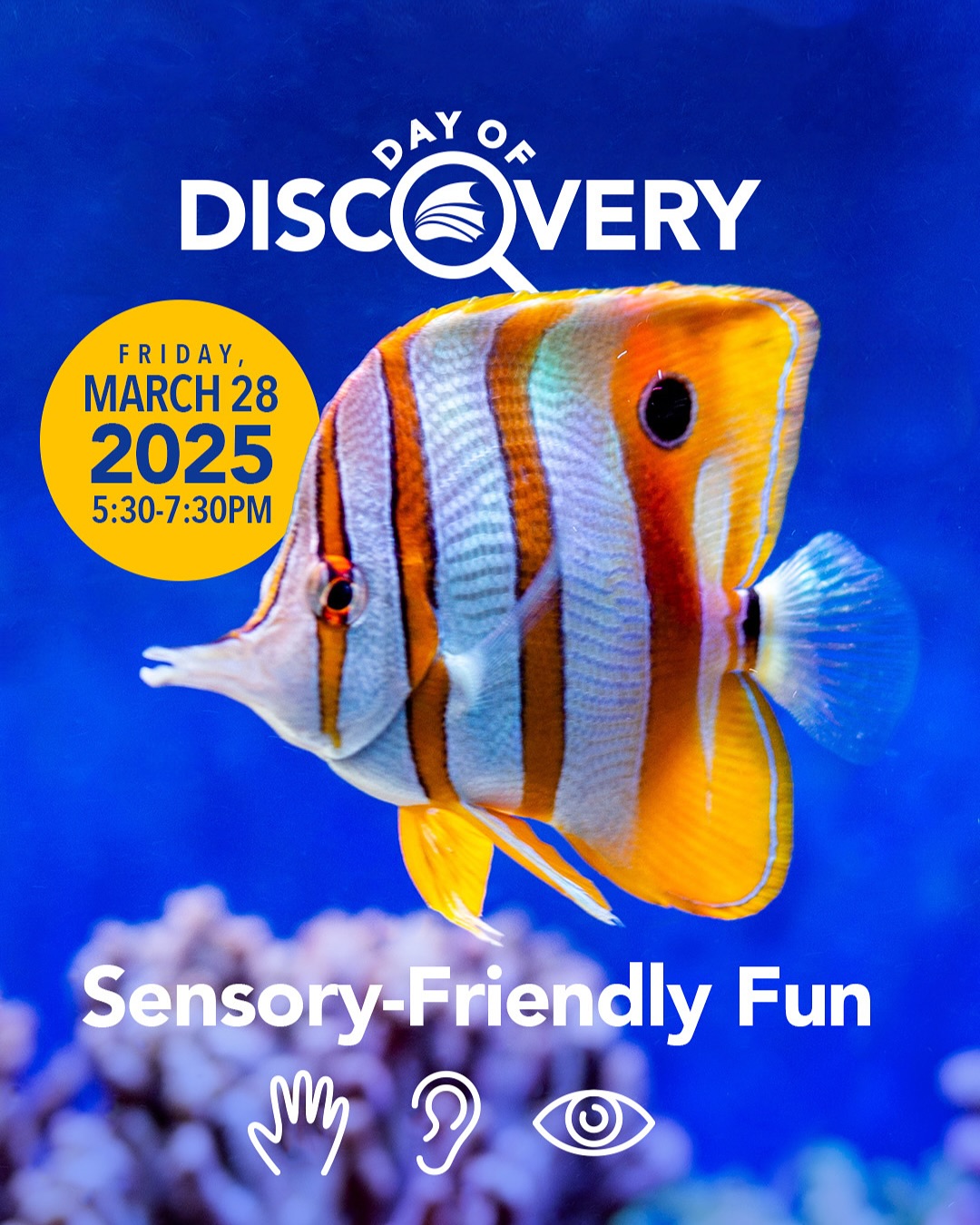- Explore the significance and benefits of sensory-friendly events in aquariums.
- Highlight the efforts of The Florida Aquarium in creating inclusive environments for families with sensory differences.
- Discuss the role and contributions of partnerships, specifically with @card_usf, in facilitating accessible engagements.
- Examine the importance of wildlife conservation awareness through sensory-friendly events.
- Delve into best practices in zoo management to accommodate diverse visitor needs.
Promoting environmental awareness and biodiversity conservation is not a singular effort. Institutions like The Florida Aquarium have developed programs that emphasize inclusivity, particularly through their initiative called the Day of Discovery: a sensory-friendly evening curated for families and children with sensory differences. These initiatives address the specific challenges faced by individuals with sensory processing disorders, enabling a broader audience to enjoy and learn about marine life and conservation efforts. The Florida Aquarium’s commitment to creating a welcoming environment is evident in its partnerships, notably with the Center for Autism and Related Disabilities at the University of South Florida (CARD-USF), which plays a pivotal role in ensuring events meet the diverse needs of visitors.
Creating sensory-friendly experiences in aquariums like The Florida Aquarium involves specialized adjustments to the traditional exhibit environment. This may comprise dimming harsh overhead lights, lowering volume levels, and implementing quiet zones to provide relief from overstimulating settings. These modifications are essential, offering a tranquil and approachable space where families can explore without the potential stresses of a standard experience. Such environments also foster a sense of safety and inclusion, laying a path for educational engagement that extends beyond conventional boundaries.
Research indicates that sensory-friendly environments significantly enhance the experience for visitors with Autism Spectrum Disorder (ASD) and other sensory challenges, resulting in increased accessibility and enjoyment. Participation in these specially designed activities allows families to engage collectively, building social skills and creating lasting memories. By fostering an understanding of each visitor’s needs, aquariums can create an empathetic and joyous exploration of marine ecosystems. The benefits are twofold, with visitors gaining awareness and organizations bolstering their reach.
Partnerships play a crucial role in these initiatives, offering expertise that strengthens event accessibility. For the Day of Discovery program, the collaboration with CARD-USF provides invaluable insights into sensory processing disorders, aiding the aquarium staff to tailor their environments better to meet these needs. The synergy between such experts ensures that every aspect of the aquarium experience is refined to accommodate sensory differences, reflecting a commitment to exceptional visitor care.
Such partnerships not only enhance visitor experiences but encourage inclusivity on a broader scale, advocating for universal design principles. Accessibility extends beyond physical environments; it also impacts programmatic elements, including how educational content is communicated. By incorporating diverse learning materials and hands-on, sensory-friendly interactions, aquariums can better cater to varied learning styles, thus amplifying their educational impact.
The integration of wildlife conservation awareness through sensory-friendly events is a noteworthy aspect of the effort. Ensuring that a wide audience can participate in conservation education is essential, especially in light of current environmental challenges. By drawing visitors’ focus to marine biology and the importance of protecting aquatic life, aquariums inspire new generations of conservation advocates. Engaging storytelling, accessible information panels, and interactive exhibits can educate and motivate visitors to think critically about their role in environmental stewardship.
Zoo management plays a crucial role in the success of sensory-friendly events and overall inclusivity. Best practices include continuous staff training on empathy and awareness of sensory differences. Staff must be prepared to address a range of visitor needs with sensitivity and understanding actively. Moreover, long-term commitment to these practices is vital. This ongoing effort reflects a progressive approach to inclusivity and the broader mission of conservation awareness.
Effective zoo management can leverage visitor feedback to improve sensory-friendly programs further. Collecting data through surveys or observational studies allows institutions to refine their offerings, ensuring they are meeting the visitors’ evolving needs. Engagement doesn’t stop at the event’s end—analysis and adaptation signify a willingness to learn and grow, solidifying the aquarium’s commitment to inclusivity.
At The Florida Aquarium, a sensory-friendly approach exemplifies a dedication to impacting all communities meaningfully. Through collaborations, accessible environments, and innovative conservation programs, aquariums like this inspire broader participation and foster a deeper connection to the natural world. By continuing to promote attendance that accommodates everyone, institutions take vital steps towards a more inclusive and sustainable future.
*****
Source Description
Join us for a relaxing, sensory-friendly evening! 🫧 🪼🪸
Explore The Florida Aquarium in a welcoming environment designed for families and children with sensory differences and/or accessibility challenges. Day of Discovery is hosted in partnership with @card_usf
Check the 🔗 in our bio to register!


